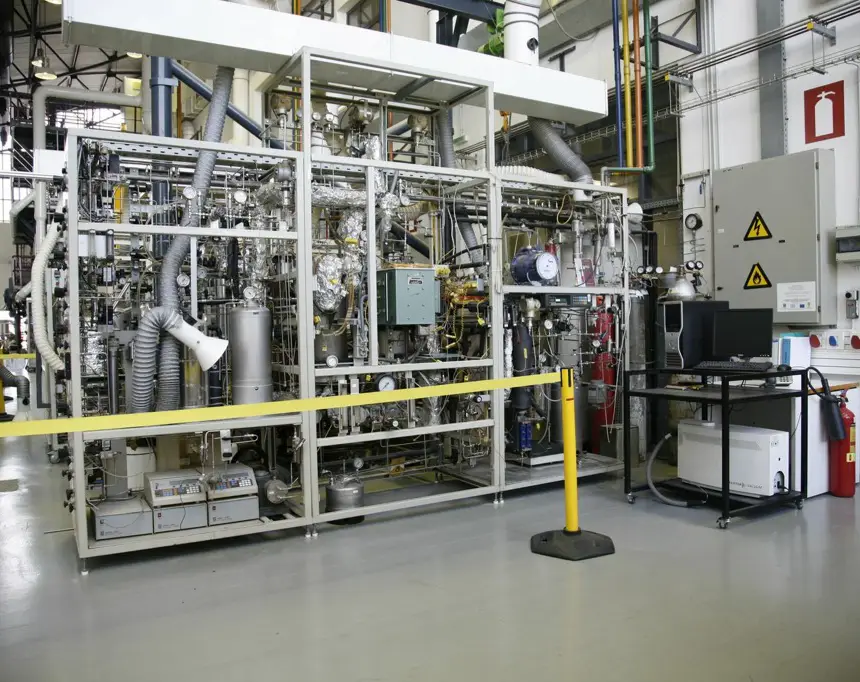

The Laboratory of Process Systems Design and Implementation
PSDI laboratory mainly targets focused research and industrial projects in the area of modeling, design, optimization and control of chemical and energy conversion processes. LPSDI has developed expertise in the design, construction and automation of chemical and power production pilot plants through numerous industrial projects.
PSDI laboratory is a key laboratory of the Chemical Process Engineering and Energy Resources Institute (CPERI) which is part of the Centre for Research and Technology Hellas (CERTH) located in Thessaloniki, Greece.
PSDI is supported by competitive personnel of 30 employees including researchers, graduate students, control engineers, technicians and collaborative faculty members. Its infrastructure comprises of 8 pilot plant units (methanol, syngas, hydroprocessing, PEM) and 1 demonstration unit, a 230m2 machine shop and calibration room, and informatics infrastructure including 15 servers (firewall protected).
PSDI has participated in numerous competitive European and national research projects and has developed unique infrastructure, at European level, and technology in the following areas:
- Design and construction of process systems
- Modeling, control and optimization of systems and processes
- Development of electrochemical process systems
- Development of thermochemical and catalytic processes for energy, fuels and chemicals production
- BTL processes
- Hydrogen production from RES
Objectives
Main objectives of the laboratory
Mission
Mission of the Laboratory
The Laboratory of Process Systems Design and Implementation (PSDI) focuses on the development of computational tools for the optimization and design of processes and materials.
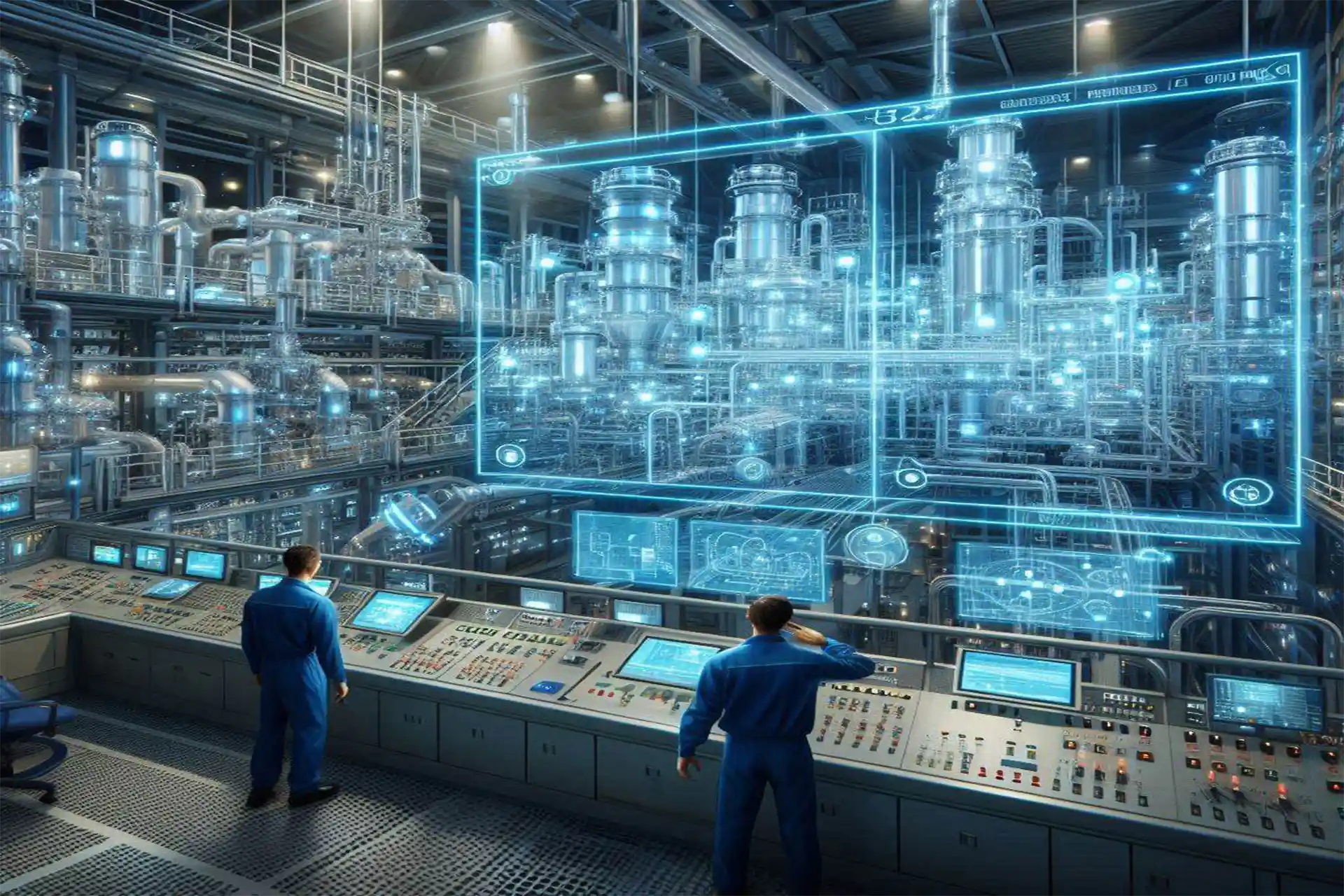
• Design and construction of complex processes systems
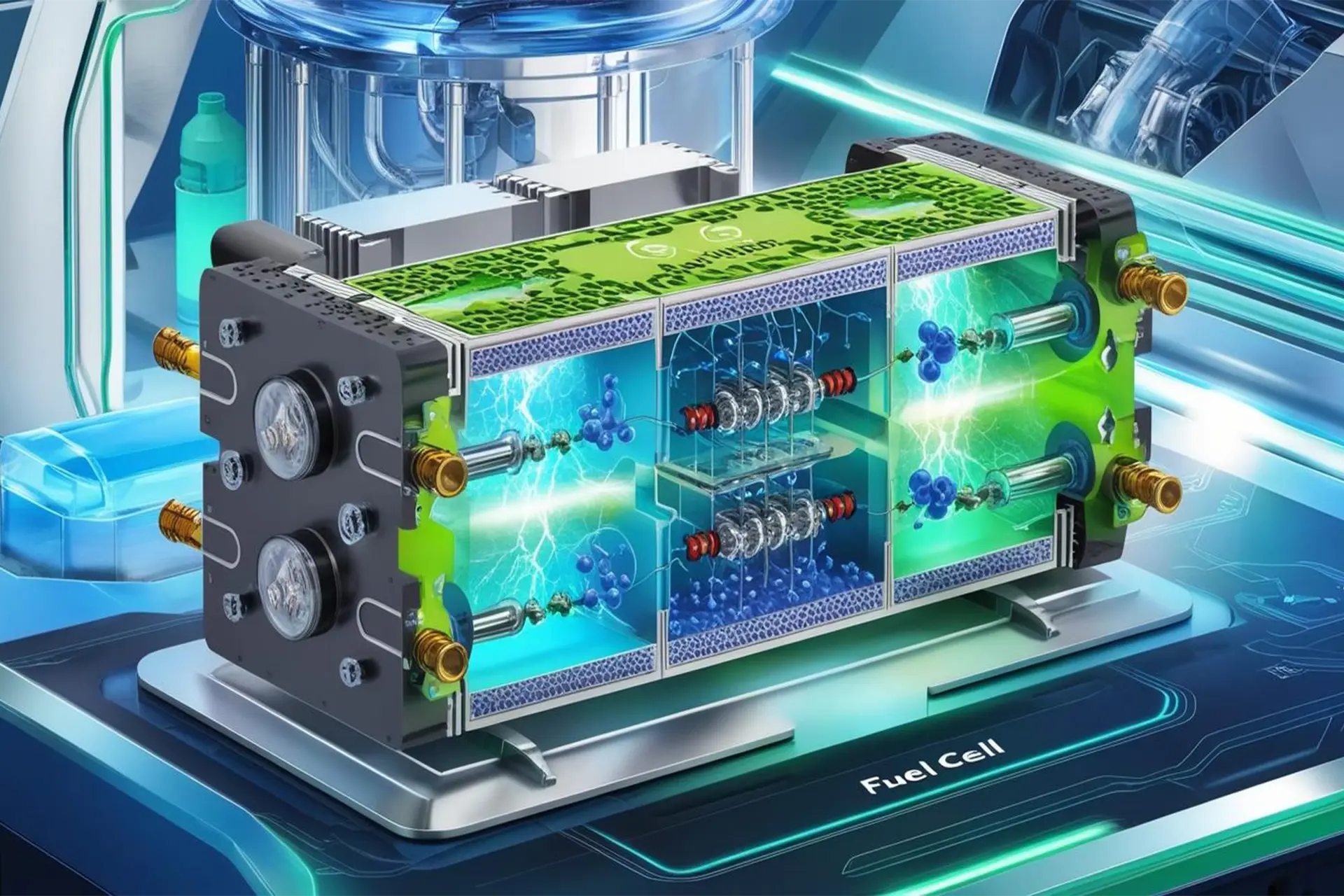
Fuel cells
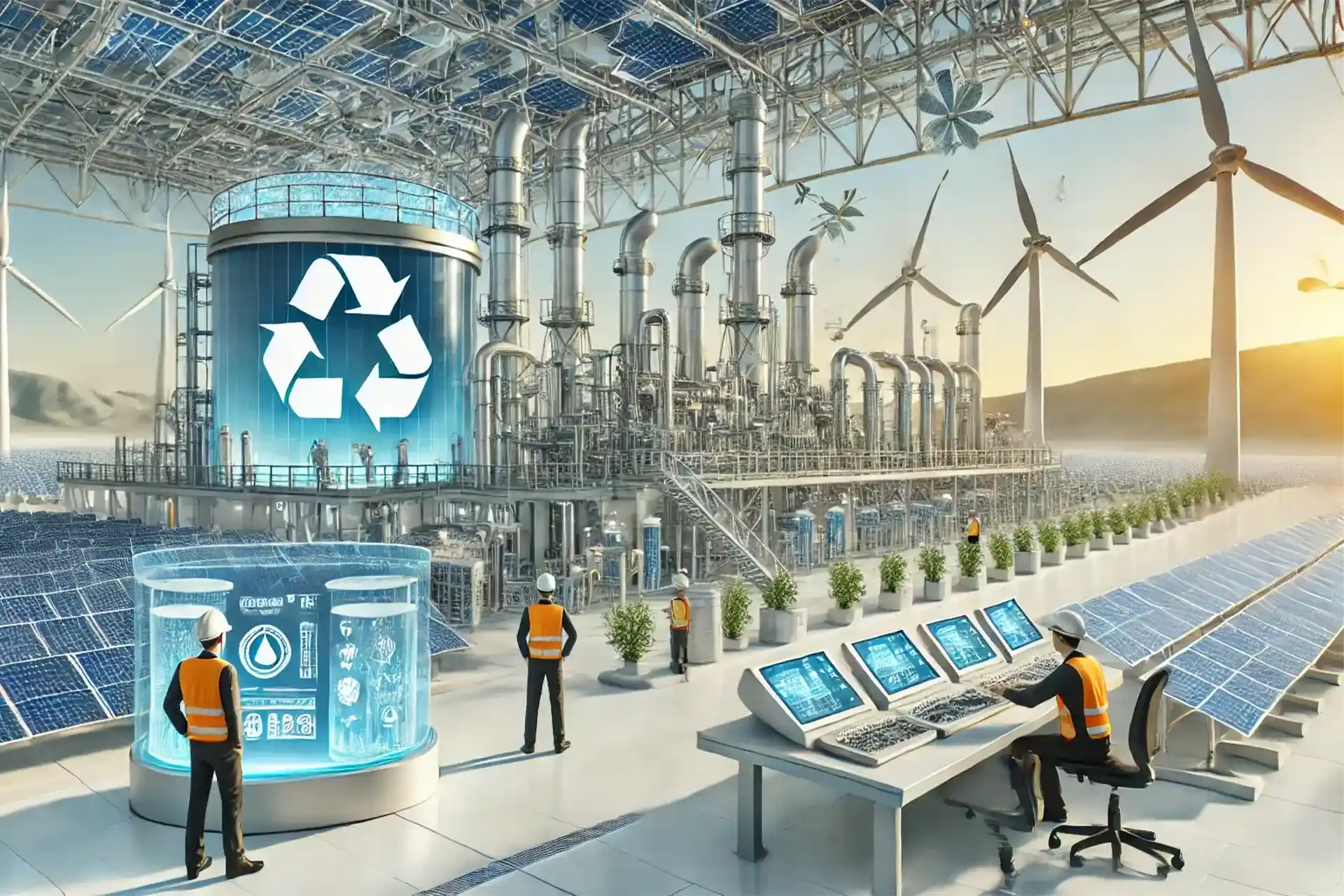
New power generation systems

Energy & Fuels production from renewable energy sources
The scientific and technological objectives focus on the development of innovative solutions and the advancement of scientific and technological research to achieve high performance and sustainable development.
Objectives
Scientific objectives
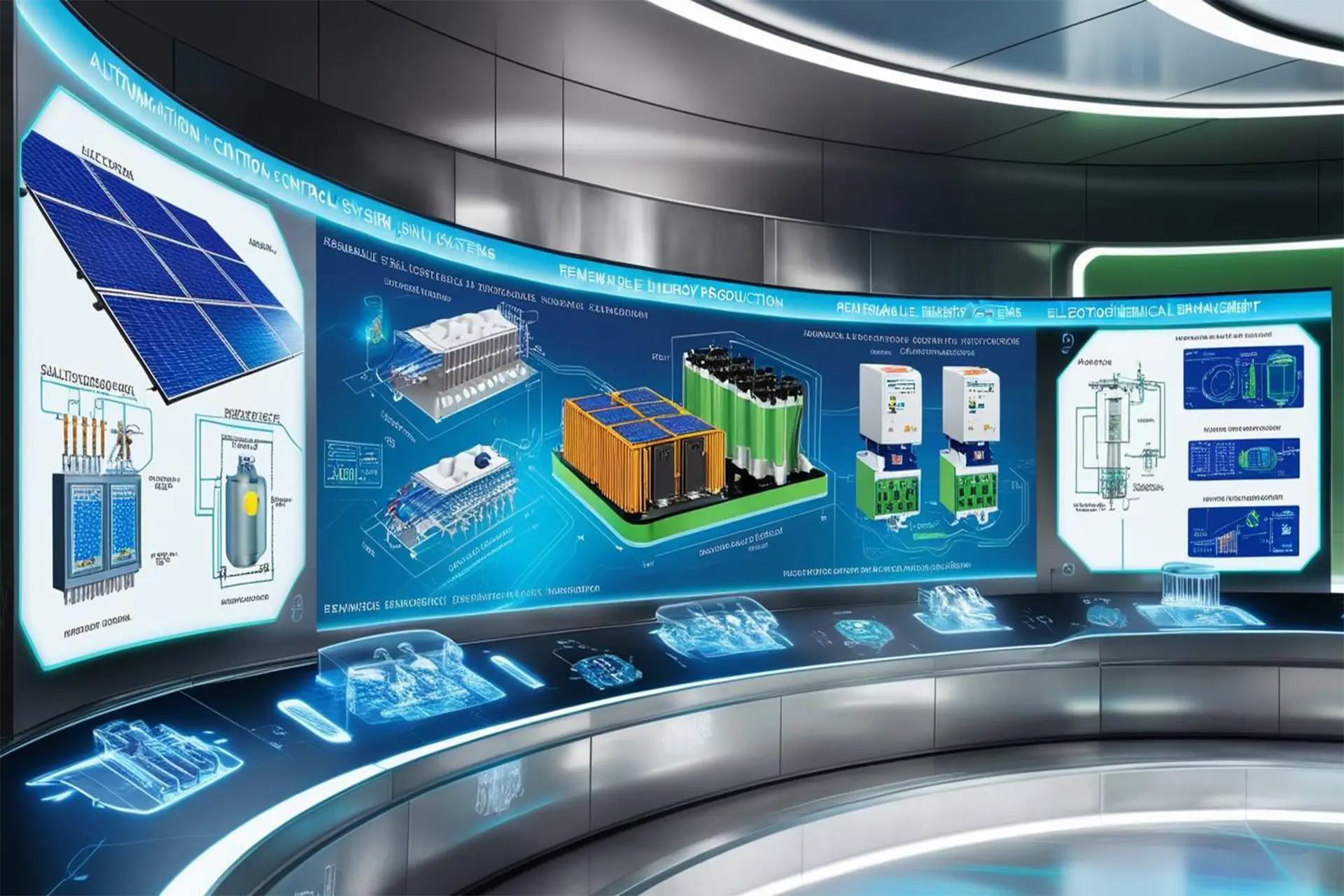
Modeling development
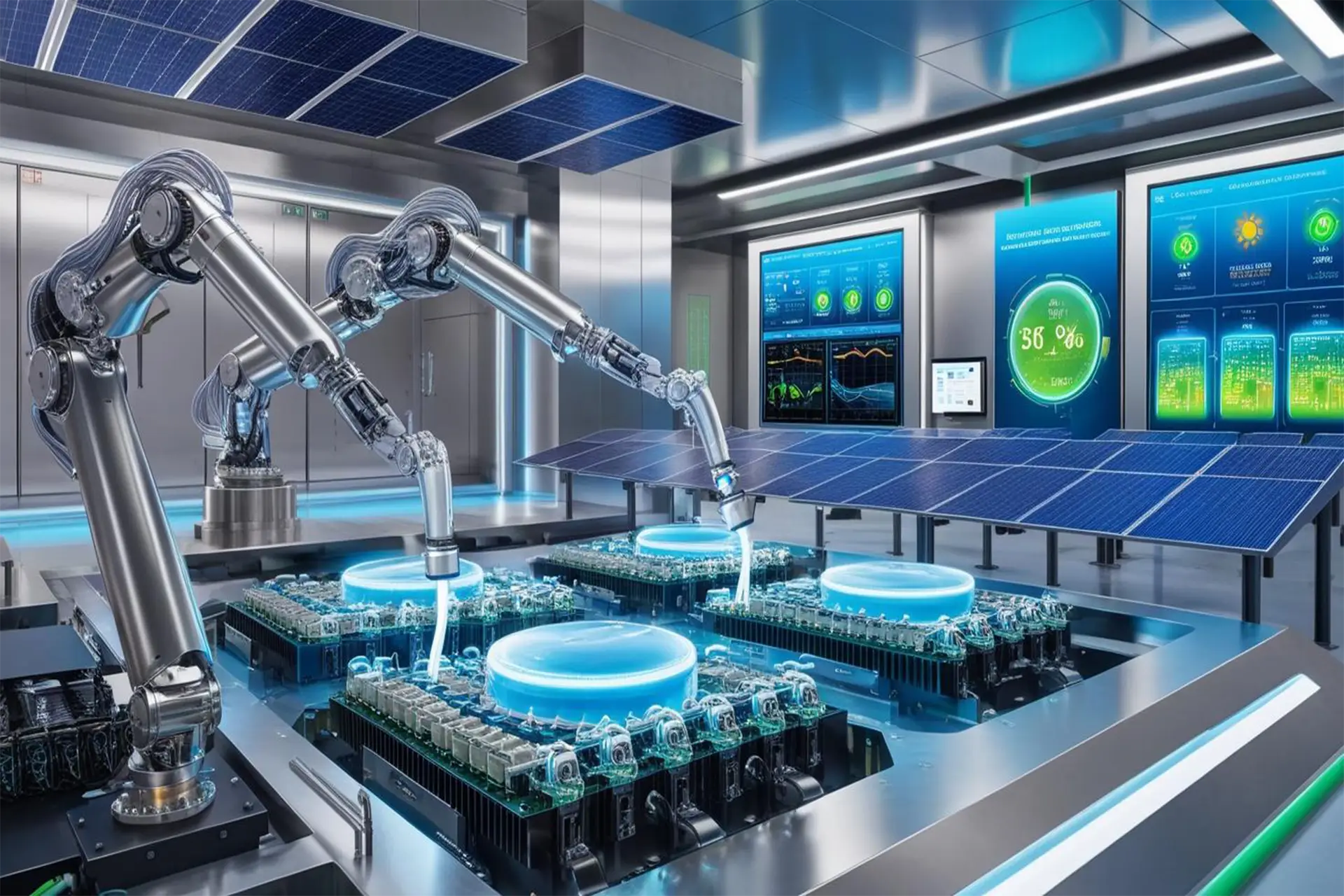
Advanced automation control
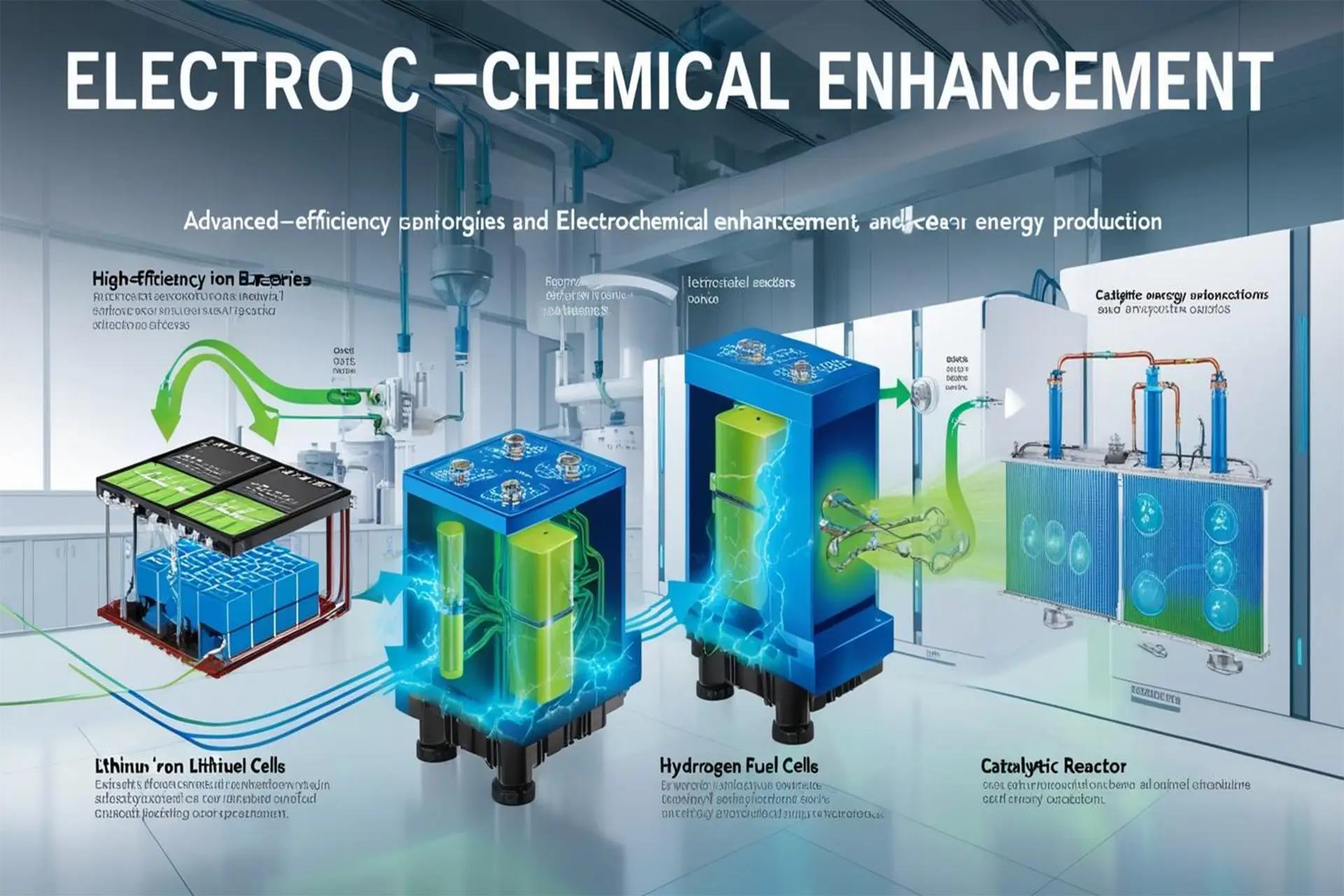
Explore practical applications of the phenomenon of electrochemical aid
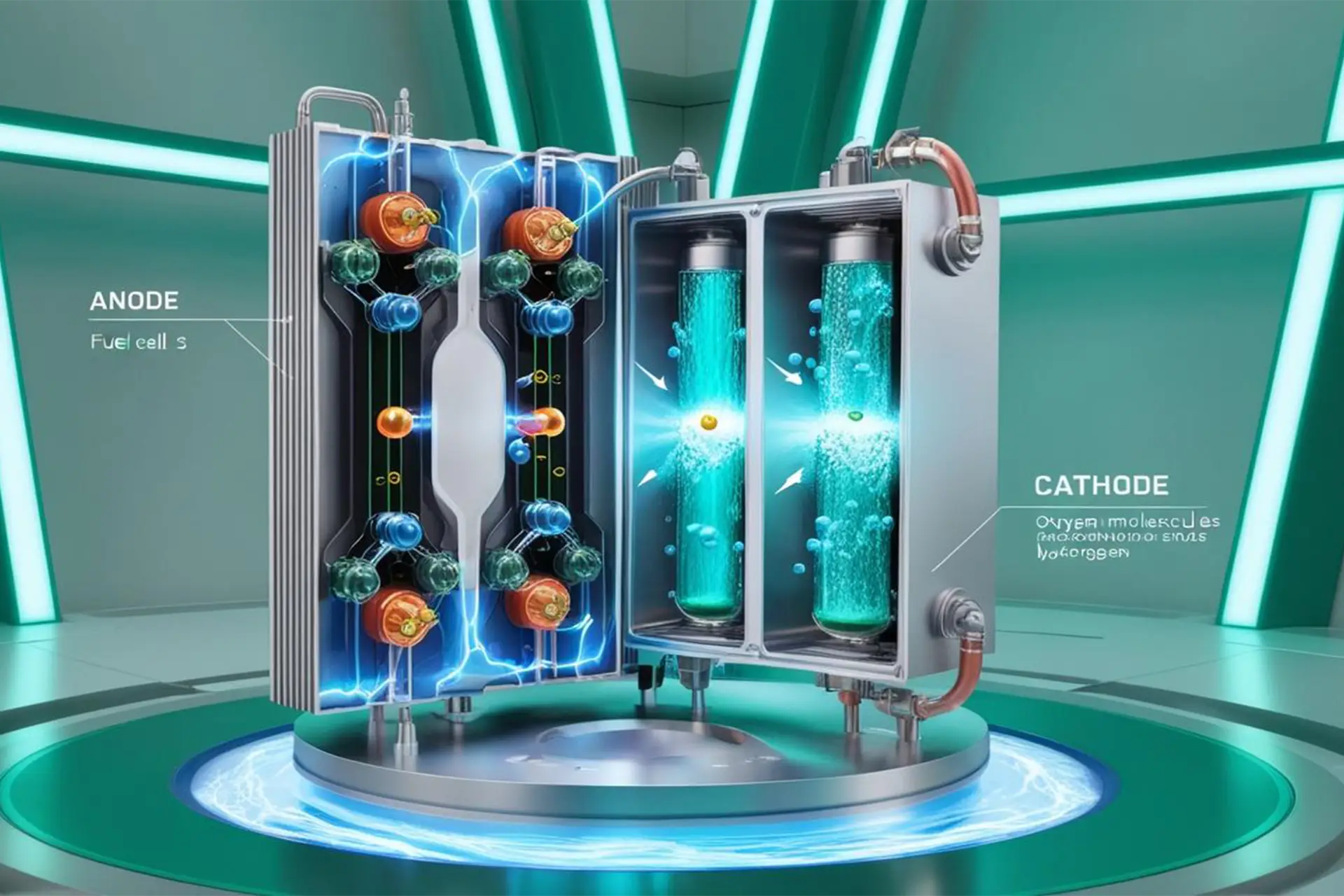
Development of catalyst-electrodes for use as anode in fuel cells PEM and SOFC

Optimisation of complex systems of processes with emphasis on technologies for utilization of alternative energy and renewable
Services
Description of services
Contact us
For collaborations or inquiries, please do not hesitate to contact us.



